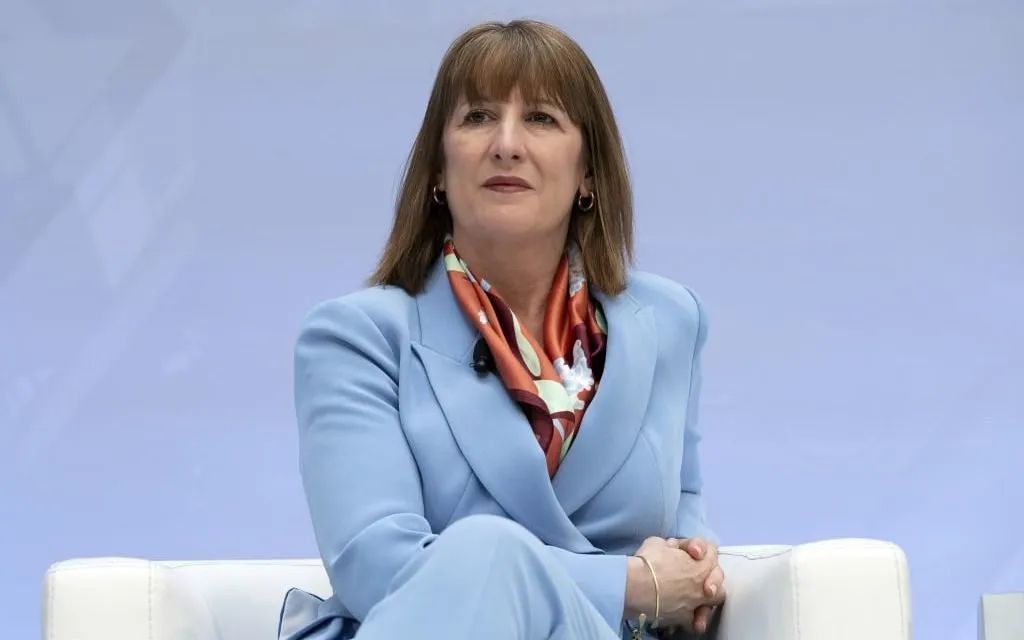Article by H. E. Yan Xiusheng, Ambassador of the People’s Republic of China to Barbados
There is but one China in the world. Taiwan is an inalienable part of China’s territory. The Government of the People’s Republic of China is the sole legal government representing the whole of China.The one-China principle is a universal consensus of the international community and a basic norm in international relations. One hundred and eighty-three countries in the world, have established and are advancing diplomatic relations with China on the basis of the one-China principle.
Resolution 2758 adopted at the 26th Session of the UN General Assembly in 1971 stated in black and white that it “decides to restore all its rights to the People’s Republic of China and to recognize the representatives of its Government as the only legitimate representatives of China to the United Nations, and to expel forthwith the representatives of Chiang Kai-shek from the place which they unlawfully occupy at the United Nations and in all the organizations related to it.” The resolution made it clear that the government of the People’s Republic of China is the sole legal government representing the whole of China, including Taiwan, at the UN; Taiwan is not a country but a part of China’s territory. It makes clear Taiwan’s status as a non-sovereign entity. UNGA Resolution 2758 resolved once and for all politically, legally and procedurally the issue of the representation of the whole of China, including Taiwan, at the UN. The resolution also made clear that there can only be one seat representing China at the UN and precluded the possibility of “two Chinas” or “one China, one Taiwan.”
Since the adoption of the resolution, the one-China principle has been observed by the UN and its specialized agencies on the Taiwan question. Taiwan is referred to as “Taiwan, province of China” in all UN’s official documents. It was clearly stated in the official legal opinions of the Office of Legal Affairs of the UN Secretariat that “the United Nations considers ‘Taiwan’ as a province of China with no separate status,” and the “‘authorities’ in ‘Taipei’ are not considered to… enjoy any form of government status.” The United Nations is an intergovernmental international organization composed of sovereign states. Taiwan, a province of China, has no basis, reason or right to join the UN or its relevant agencies. The Taiwan region’s participation in the activities of international organizations must and can only be handled in accordance with the one-China principle. Any attempt to deliberately distort UNGA’s Resolution 2758 and propagate the narrative of so-called “Taiwan’s meaningful participation in the UN system” is to hollow out the one-China principle, embolden and support “Taiwan independence” separatist activities, which will be resisted and opposed by the international force for justice and will not succeed.
UNGA’s Resolution 2758 is a decision made by the United Nations General Assembly, and all member states should abide by it. This is a requirement of the UN Charter, a commitment made in written form by countries when they join the United Nations, and an obligation that member states of the United Nations must fulfill. The one-China principle is also the fundamental premise and political foundation for China to establish and develop relations with all countries. The international community universally observes UNGA’s Resolution 2758 and faithfully implements the one-China principle. From the first country to establish diplomatic relations with the People’s Republic of China to the 183rd, all countries have politically committed to adhering to the one-China principle and have written it into political documents such as joint communiqués and declarations upon establishing diplomatic relations with China. This fully demonstrates that adhering to the one-China principle is a matter of international justice, reflects the will of the world people, and is the general trend of the times.
China and Barbados enjoy deep traditional friendship. Since establishing diplomatic relations 47 years ago, the bilateral relations have steadily progressed on the basis of the one-China principle, mutual respect, and mutual benefit. Last June, Prime Minister Mia Amor Mottley successfully visited China at the invitation of Premier Li Qiang, and China-Barbados relations is now at its best in history. China highly appreciates the Barbadian government and people’s adherence to the one-China principle and is ready to work with Barbados to continuously promote the implementation of important consensus reached by the leaders of the two countries, deepen political mutual trust, strengthen cooperation in various fields, continue to understand and support each other on issues concerning core interests and major concerns, constantly broaden and enrich the connotation of the friendly relations between the two countries, jointly uphold multilateralism and the common interests of developing countries, promote the building of a community with a shared future for mankind, and advance the bright prospects of peace, security, prosperity, and progress for the world. (PR)


 Sports3 weeks ago
Sports3 weeks ago
 Business4 weeks ago
Business4 weeks ago
 Business3 weeks ago
Business3 weeks ago
 Religion2 weeks ago
Religion2 weeks ago
 Sports4 weeks ago
Sports4 weeks ago
 Business3 weeks ago
Business3 weeks ago
 Sports4 weeks ago
Sports4 weeks ago
 Government1 week ago
Government1 week ago





















